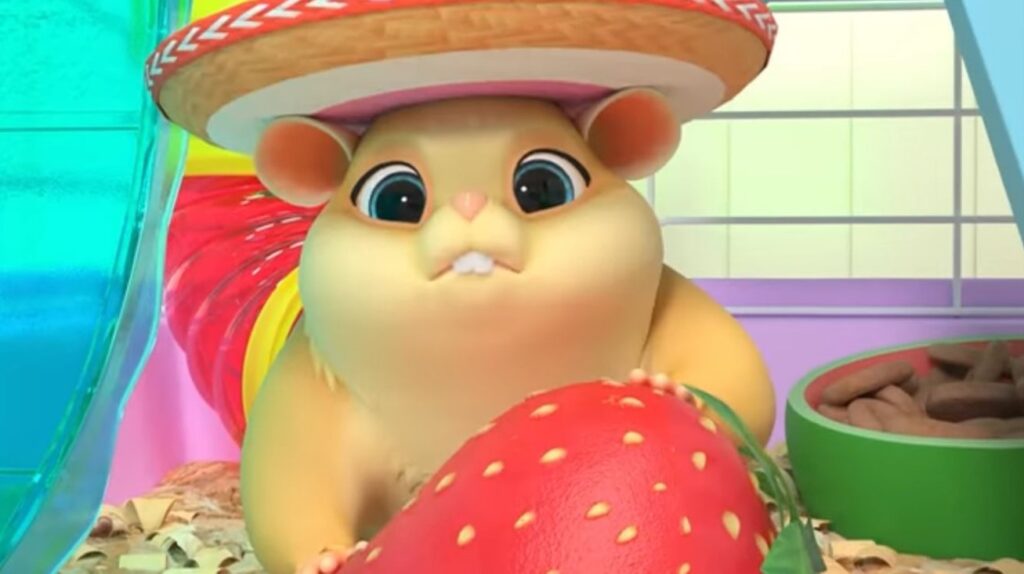Dental Diet and Nutrition:
Just like humans, cats require a balanced diet to maintain good oral health. Proper nutrition plays a vital role in promoting healthy teeth and gums in cats.
Here are some tips for a dental diet and nutrition for cats:
1. High-quality cat food:
Choose high-quality commercial cat food that is specifically formulated to support dental health. Look for brands that have the Veterinary Oral Health Council (VOHC) seal, as they meet specific criteria for reducing plaque and tartar buildup.
2. Dry kibble:
Feeding your cat dry kibble can help promote dental health by mechanically cleaning the teeth as the cat chews. The crunchy texture of kibble can help remove plaque and tartar.
3. Wet food for moisture:
While dry kibble is beneficial for dental health, it’s also important to provide moisture in your cat’s diet. Adding some wet food to their meals can help keep their gums and mouth hydrated. Alternatively, you can offer water separately to ensure proper hydration.
4. Avoid excessive carbohydrates:
Cats are obligate carnivores, which means their bodies are designed to primarily metabolize protein. Limiting the amount of carbohydrates in their diet can help prevent dental issues. Choose cat foods with high protein content and low carbohydrate content.
5. Dental treats and chews:
There are dental treats and chews available that are designed to promote oral health in cats. These treats are formulated to help remove plaque and tartar buildup and can be a good addition to your cat’s dental care routine. However, it’s important to use them in moderation as excessive treats can contribute to weight gain.
6. Regular dental check-ups:
Along with a dental diet, it’s crucial to schedule regular veterinary check-ups for your cat. Your veterinarian can examine your cat’s teeth and gums, perform professional cleanings if necessary, and provide additional recommendations for maintaining oral health.
Remember, while a dental diet can be beneficial, it’s not a substitute for regular dental care or professional cleanings. Maintaining good oral hygiene practices and seeking veterinary advice is essential for your cat’s overall dental health.
FAQs
Certainly! Here are some frequently asked questions (FAQs) about dental diet and nutrition for cats:
1. Why is dental health important for cats?
Dental health is crucial for cats because dental problems can lead to pain, difficulty eating, and other health issues. Maintaining good oral hygiene through diet and care can prevent dental diseases.
2. What is a dental diet for cats?
A dental diet for cats consists of foods that promote oral health. These diets often have a specific texture or formulation that helps reduce plaque and tartar buildup on teeth.
3. How does a dental diet work?
Dental diets typically have a larger kibble size or a specific texture that encourages chewing. This chewing action helps mechanically clean the teeth, reducing the accumulation of plaque and tartar.
4. Can I make a dental diet at home for my cat?
It’s generally recommended to use commercially formulated dental diets that have been specifically designed to support oral health. Creating a balanced dental diet at home can be challenging and might not provide all the necessary nutrients your cat needs.
5. Are dental treats effective?
Dental treats can be effective to some extent in promoting oral health by encouraging chewing and helping to reduce plaque. However, they should be used in moderation, as excessive treats can contribute to weight gain.
6. How often should I feed my cat dental treats?
It’s best to follow the feeding guidelines provided on the dental treat packaging. Generally, giving a few dental treats a day is sufficient. Remember, treats should only make up a small portion of your cat’s overall diet.
7. Can wet food be part of a dental diet?
While wet food is important for hydration, it doesn’t have the same teeth-cleaning effect as dry kibble. However, you can include a combination of wet and dry food in your cat’s diet for both dental health and hydration.
8. Are there any risks associated with dental diets?
Dental diets are generally safe when used as directed. However, it’s important to monitor your cat’s weight and overall health. If you have concerns, consult your veterinarian.
9. Do dental diets eliminate the need for dental cleanings by a vet?
Dental diets can help reduce plaque and tartar buildup, but they may not completely eliminate the need for professional dental cleanings. Regular veterinary check-ups and cleanings are still essential.
10. How do I transition my cat to a dental diet?
Gradually mix the dental diet with your cat’s current food over the course of several days to avoid digestive upset. Your cat may need time to adjust to the new texture and flavor.
Remember, it’s important to consult your veterinarian before making any significant changes to your cat’s diet. They can provide personalized recommendations based on your cat’s individual health needs.




